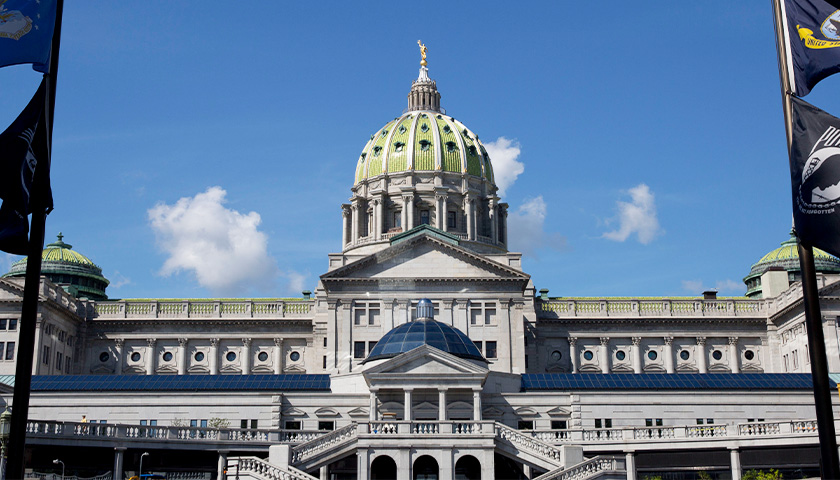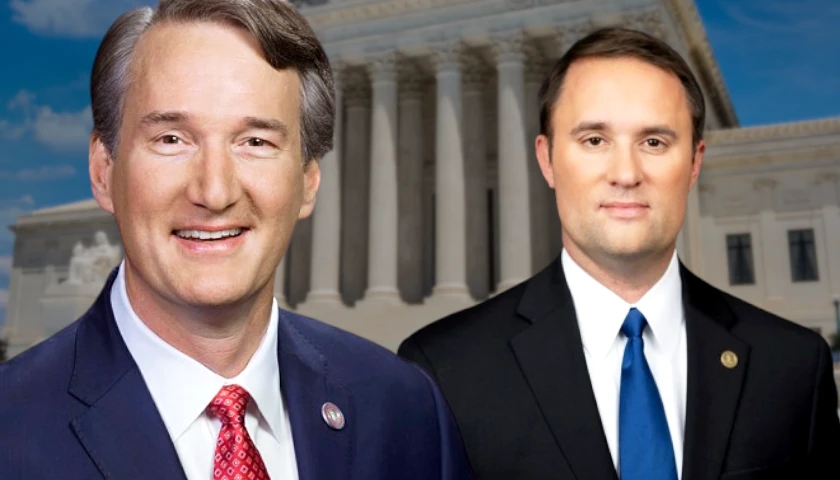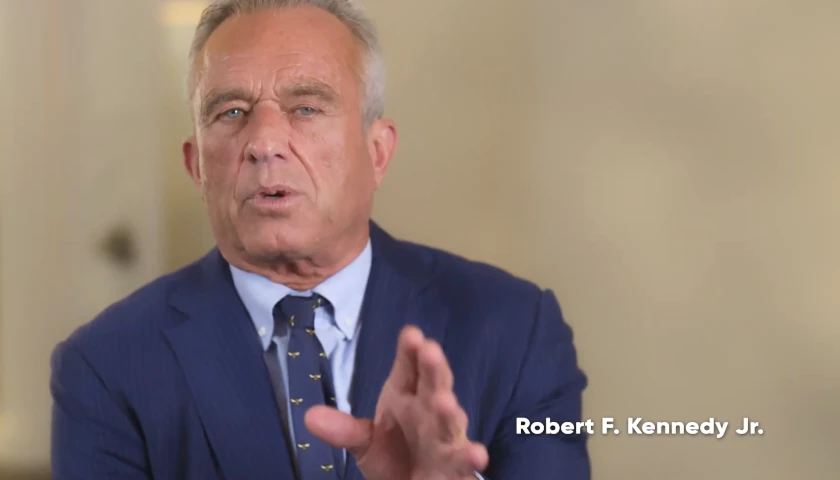As July begins, Pennsylvania enters into Fiscal Year 2022-23 without an FY 22-23 budget.
Republicans who control the General Assembly and Democratic Gov. Tom Wolf have yet to agree on all facets of the spending plan. Altogether, the governor has proposed allotting $43.7 billion in taxpayer money in the next budget cycle, a figure that Republicans have said is too high.
One point of contention between the parties has been resistance by House Republicans to approve funds for state-related Lincoln University, Penn State University, Temple University and the University of Pittsburgh without assurance that these schools will not engage in fetal-tissue research that relies on elective abortions. Another uncertainty is the extent to which lawmakers will reduce the state’s onerous corporate net income tax as Republicans and some Democrats have aimed to do.
The legislature’s Democratic minority blamed Republicans for the failure to meat the June 30 deadline.
“The inaction we’ve seen is disappointing,” Pennsylvania House Democratic leaders said in a statement. “With a $12 billion surplus, we can and should deliver for the people of Pennsylvania. Rather than pass a timely budget that helps working families, we’ve been distracted by unrelated issues and interjected politics at the expense of in-state tuition for Pennsylvania students.”
Despite the surplus the commonwealth is reporting currently, $2.2 billion of federal stimulus funds will not be available to the state again after this year deficits are projected for subsequent budget cycles. Fiscal hawks are therefore urging lawmakers to shield taxpayers from government growth as Keystone Staters weather price inflation which has risen 8.6 percent from this point last year.
“The governor and state legislators should think long-term when considering this year’s budget,” Nathan Benefield, senior vice president of the Harrisburg-based Commonwealth Foundation (CF) said in anticipation of the June 30 deadline. “While current year revenue was higher than expected, the Independent Fiscal Office projects deficits in future years. Lawmakers should reject Wolf’s election-year spending spree budget responsibly.”
CF recommended that policymakers restrain the new fiscal year’s overall spending increase to under 3.46 percent based on an index that would cap spending hikes based on population growth and inflation. The think tank backs enactment of a Taxpayer Protection Act to codify that cap. A budget in line with CF’s recommendations would spend about $2.5 billion less than Wolf’s plan.
Pennsylvania often fails to finalize its budget on time. When budget stalemates have lasted for months, the state has cut costs by furloughing many state workers. Shorter-term delays have been resolved without major consequence.
– – –
Bradley Vasoli is managing editor of The Pennsylvania Daily Star. Follow Brad on Twitter at @BVasoli. Email tips to [email protected].









